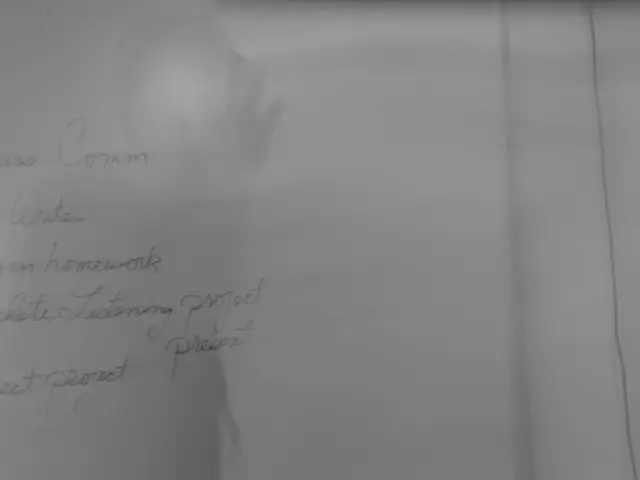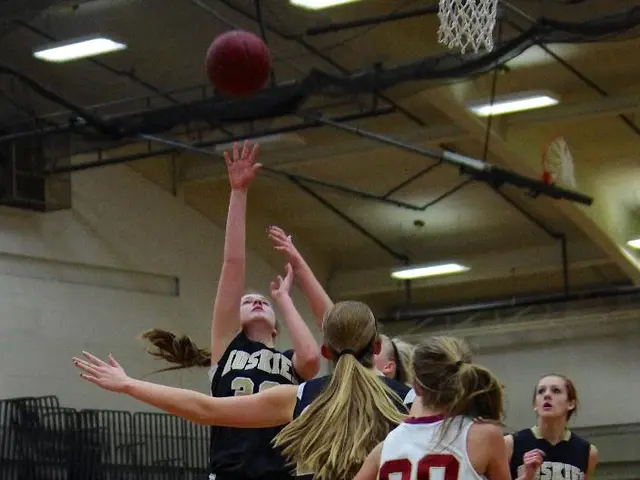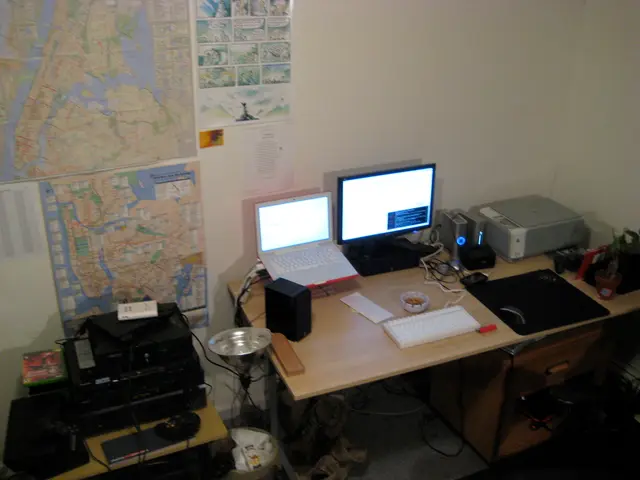Expense overview for purchasing and maintaining a home, including down payments, upkeep, and additional costs
Buying a Home: Understanding the Costs
Buying a home can be an exciting, yet daunting, experience. To help you navigate the process, we've broken down some of the key expenses you might encounter.
Firstly, if you're purchasing a property in a community managed by a homeowners association (HOA), you'll likely be required to pay a monthly fee. These funds are used to cover services such as security, amenities, landscaping, and maintenance.
The Ongoing Costs of Homeownership
Maintenance and upkeep are ongoing expenses for homeowners. Many experts recommend budgeting 1% of your home's value for home maintenance each year and maintaining an emergency fund to address urgent, non-budgeted concerns.
Another recurring expense is property taxes. These are usually included in monthly mortgage payments. For a home with an assessed value of $100,000 and a 2% tax rate, the annual property tax would be $2,000.
Homeowners insurance is another requirement for most mortgage lenders. The cost varies significantly, especially in areas at high risk of floods or severe weather.
Upfront Costs
The down payment is the part of the home's purchase price that is paid upfront. As of July 2025, the median existing-home price in the U.S. was $422,400, according to data from the National Association of Realtors. For a home purchased for $500,000 with a 20% down payment of $100,000, upfront costs include closing costs (approximately $11,700) and reserves (approximately $4,600).
Closing costs, which can vary widely, typically range from 2 percent to 5 percent of the loan principal. Some lenders offer a no-closing-cost mortgage option, where closing costs are added to the loan principal or otherwise paid for in the form of a higher interest rate.
Lenders may also require buyers to show additional cash reserves to ensure they can make mortgage payments.
Additional Costs
Utilities such as water, sewer, gas, and electricity are recurring costs for homeowners and their costs vary according to location.
Moving costs, when hiring professionals, typically range between $882 and $2,566 according to HomeAdvisor, and can be higher for long-distance moves.
It's also worth noting that private mortgage insurance (PMI) is generally required for conventional loan borrowers who put less than 20% down. However, it is possible to get rid of PMI as you pay down your mortgage and build equity in your home.
Preparing for the Purchase
Matt and Ross Hester, founders of the Hester Group with Harry Norman Realtors in Atlanta, advise buyers to prepare for all costs associated with purchasing a home. They mention that there are a number of standard closing-table items for which the actual cost will vary.
In conclusion, buying a home involves a variety of costs, both upfront and ongoing. It's essential to budget for these expenses and be prepared for any unexpected costs that may arise. With careful planning and research, you can make the home buying process a smooth and enjoyable experience.








